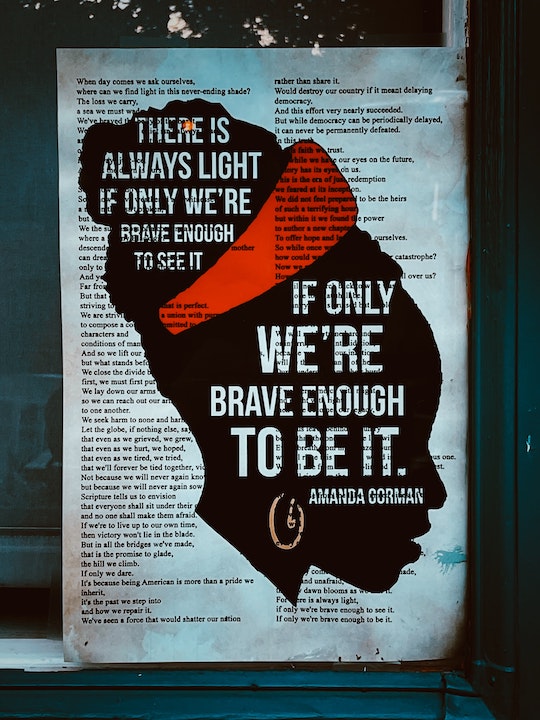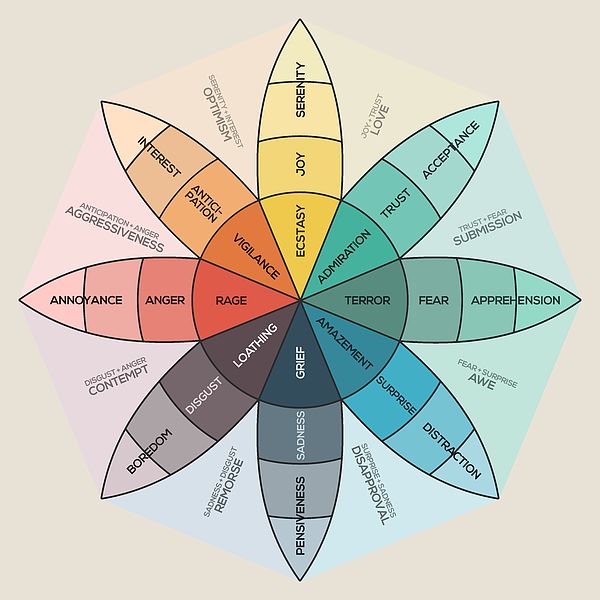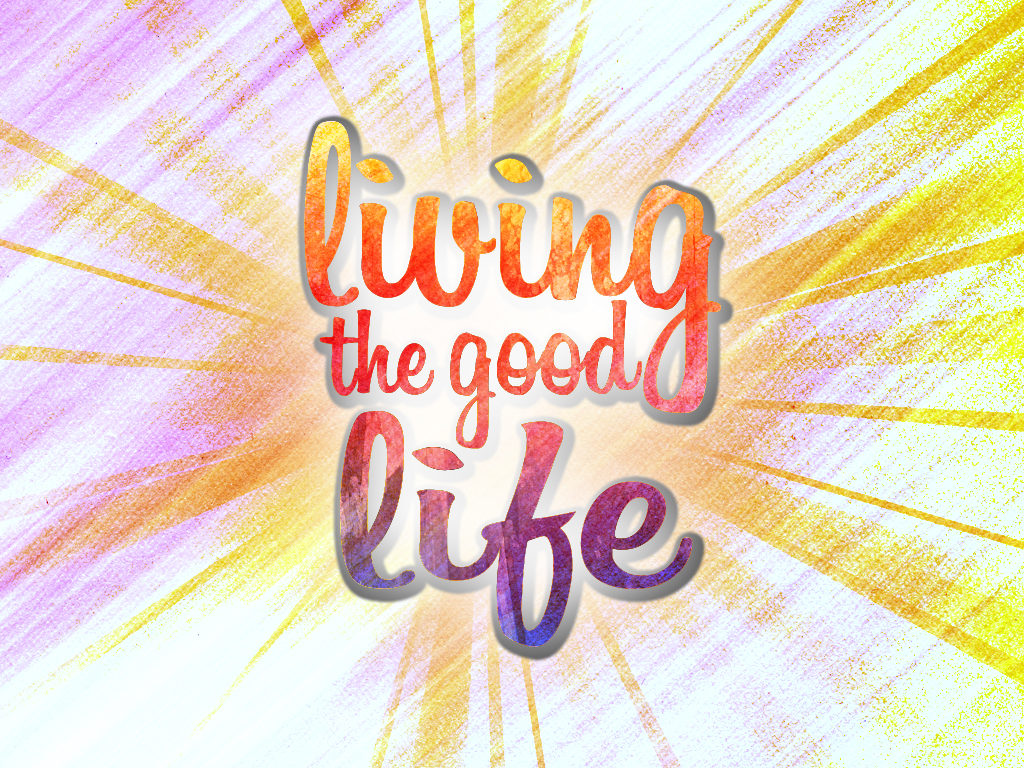“My inside age is timeless. I’m every age I’ve ever been.”
—Anne Lamott, American novelist, essayist, and political activist
I’m not just one age — I’m every age I’ve ever been, all at once.
Inside me lives the curiosity of my childhood, the boundless potential of my teens, the restless ambitions of my twenties, and the quiet wisdom of now.
Time doesn’t cage me; it layers me.
My inside age is timeless, a kaleidoscope of moments, emotions, and experiences that refuse to fade.
To be every age simultaneously is to live beyond the limits society tries to impose.
Who says you have to grow up or grow old?
EXERCISE:
Consider yourself all the rings of an ancient oak tree where each year of your life forms a new layer visible only when you look beneath the surface.
In doing this, you can examine every storm and ray of sunshine that has brought you to today.









